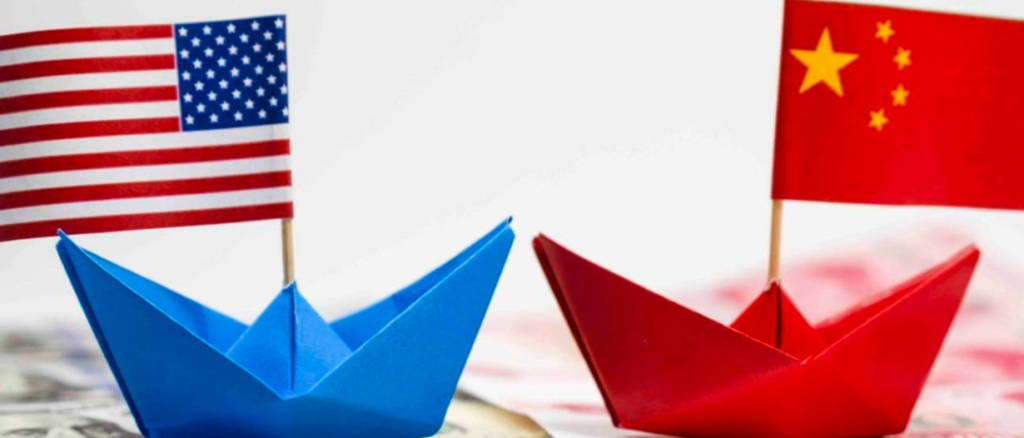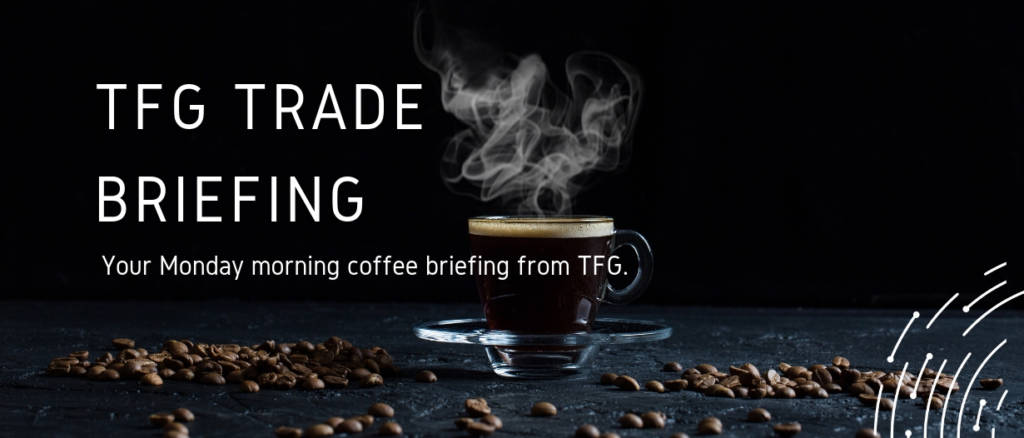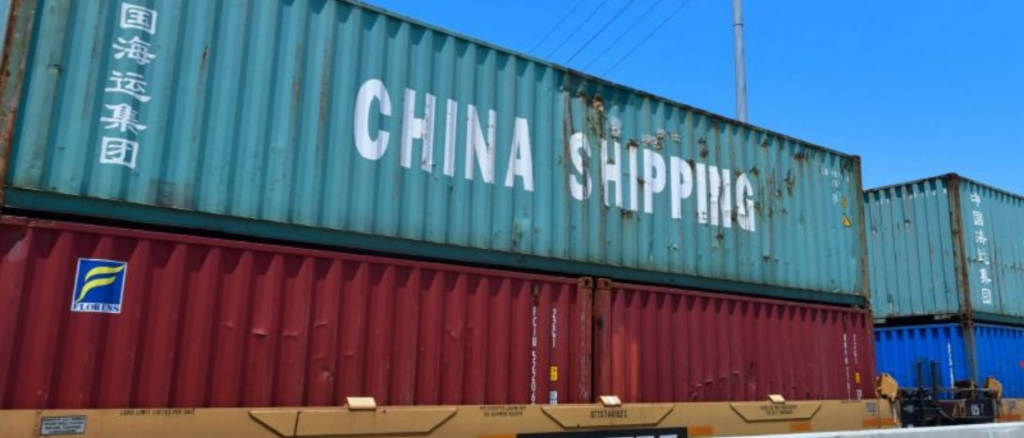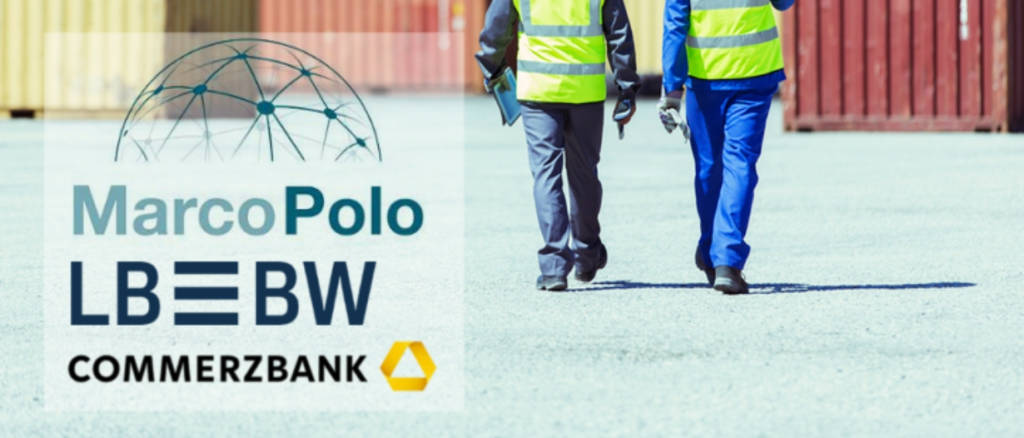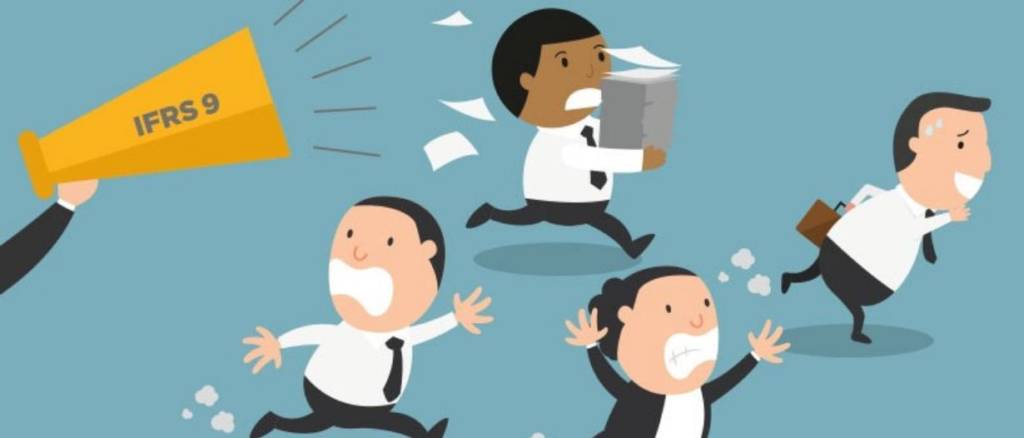Donald Trump provoked trade disputes between the US’s trading partners all around the world. Most dramatically, Trump has imposed waves of tariffs against China on nearly half of the Chinese exports to the US.
Large companies in Asia are turning to the biggest banks in the region for support as they navigate disruptions caused by the U.S.-China trade war. In some cases, that means… read more →
Your Monday morning coffee briefing from TFG. Here are some of the last week’s updates from the trade sector. 27th August 2019.
The nature of Xi Jinping’s political hegemony has altered China’s conduct and outlook of international trade; based on China’s economic past, what could this spell for the future?
The latest EU Exit Business Readiness Bulletin from the Dept for Business, Energy & Industrial Strategy (BEIS) includes details of a number of updates from the Department for International Trade… read more →
Your Monday morning coffee briefing from TFG. Here are some of the last week’s updates from the trade sector. 19th August 2019.
Today the completion of the world’s first integrated paperless trade transaction happened – in iron ore – involving Rio Rinto selling bulk iron ore to Cargill, who sourced the cargo… read more →
LBBW and Commerzbank have once again executed a trade transaction between Voith and KSB SE, via the Marco Polo trade finance network, built on R3’s distributed ledger technology (DLT) platform, Corda.
Global Credit data has just released a new report – the IFRS 9 Report – which demonstrates that banks’ expected credit loss estimates may vary by at least factor 4. Results from the study suggest that the IFRS 9 framework is yet to stabilise, given a significant degree of variability.
Your Monday morning coffee briefing from TFG. Here are some of the last week’s updates from the trade sector. 12th August 2019.















